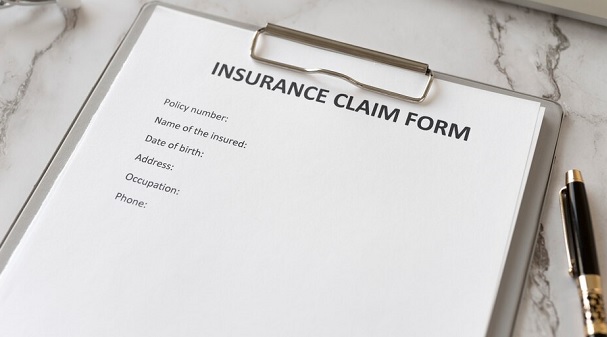Businesses require general liability insurance to secure themselves against a wide range of standard claims that can come up during everyday activities. From slip-and-fall accidents to product liability issues, it’s essential to know what your policy includes and what risks you might face. This piece talks about some of the most common types of general liability claims and how businesses can protect themselves and lessen the damage these claims do to their finances.
Slip And Fall Accidents
Businesses often worry about slip-and-fall events because they can lead to expensive lawsuit claims. Numerous things can cause these kinds of accidents, like wet floors, uneven areas, or insufficient light. If someone gets hurt when they slip and fall on a business’s property, they can sue the industry for their injuries. If this happens, the company might be sued and have to pay the person who was hurt money.
General liability insurance saves companies from the financial damage from slip-and-fall events. This kind of insurance usually pays for the hospital bills and court fees associated with slip-and-fall cases. If the business is found to be at fault for the accident, it can also pay for the damage.
Businesses should keep their grounds safe to prevent slip-and-fall accidents. This means keeping paths clear of obstacles, ensuring floors are dry and free of spills, and ensuring there is enough light in every room. Businesses should also check their grounds for dangers daily and fix any problems immediately.
Property Damage
You can register a property damage claim for many reasons, such as when a business’s processes harm someone else’s property. For example, a construction worker might accidentally damage a nearby building, or a delivery truck might run into a parked car. When this happens, the owner of the destroyed property can ask the business that caused the damage to pay for the damage.
Businesses can get general liability insurance to help fix or replace destroyed property. This kind of insurance usually pays for repairing or replacing something and any lawyer fees arising from the claim. Damages can also be covered if the business is found to be responsible for the loss.
Businesses that want to lower the chance of property damage lawsuits should hire experienced workers and follow safety rules. For instance, building companies should ensure that their workers are trained and managed correctly to avoid accidents that could damage property. Delivery companies should keep their cars in good shape and ensure their drivers have the proper licenses and training.
Bodily Injury
When someone gets hurt on a business property or because of its processes they can file a bodily injury claim. For example a customer could slip and fall in a store or a service person could get hurt while delivering. In these situations the injured person can sue the business for damages including medical bills lost pay and pain and suffering.
Having general liability insurance can help a business pay for bodily harm claims. This kind of insurance usually pays for the wounded person medical bills and any court fees arising from the claim. It can also pay for losses if the business is found to be responsible for the harm.
Companies should keep their grounds safe and give their workers the proper training to avoid lawsuits for injuries. For instance stores should keep the paths clear of clutter and spills and building sites should ensure that workers wear the right safety gear and follow safety rules.
Product Liability
Item liability cases can be a big problem for companies that make or sell goods. People can make these kinds of claims when a business product hurts a customer. This harm could be caused by a flaw in the design, the production or the fact that customers weren’t told about the product’s possible risks.
General liability insurance can help a business defend against product liability claims and pay any fines that may be imposed. When someone sues for product liability this kind of insurance usually pays the lawyers’ fees settlements and court verdicts. In some cases it can also cover the costs of taking a wrong product off the market.
Businesses should ensure their goods are safe and have the correct labels to lower the risk of product liability cases. To this end thorough testing and quality control methods must be used to find and fix any possible problems. Additionally companies should give customers clear and correct directions on safely using their goods and inform them about potential risks.
Advertising Injury
Ad injury cases can be filed when a business’s ads harm someone. This harm can take many forms, such as slander, stealing someone else’s work, or spreading false information. In these situations, the hurt person may ask the business to pay for losses like missed earnings or damage to their image.
General liability insurance can help a business defend against advertising harm claims and pay any damages that may be awarded. This kind of insurance usually pays for lawyers’ fees, settlements, and court decisions that arise because of advertising injuries. In addition, it may cover the costs of fixing or taking down confusing or false ads.
Businesses should ensure that their ads are honest and don’t violate other people’s rights to lower the risk of advertising harm. This includes conducting extensive research to ensure that promises made in ads are accurate and not deceptive. Companies should also be aware of the risks that might come with how they advertise and take steps to lower these risks.
Conclusion
Businesses demand general liability insurance to secure themselves from the financial damage that joint liability claims can cause. By learning about the types of claims that general liability insurance covers and taking steps to lower the risks associated with them, companies can avoid possible fines and ensure their long-term success. Businesses can also stay safe from hazards and focus on growth by regularly reviewing and changing their safety practices and insurance coverage.




